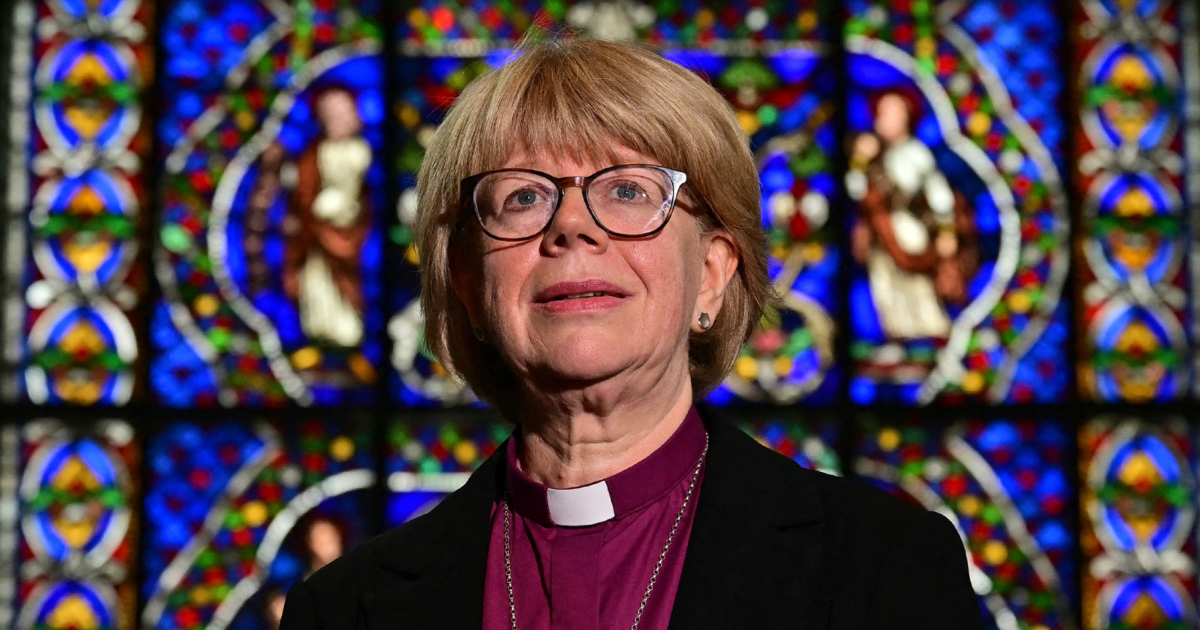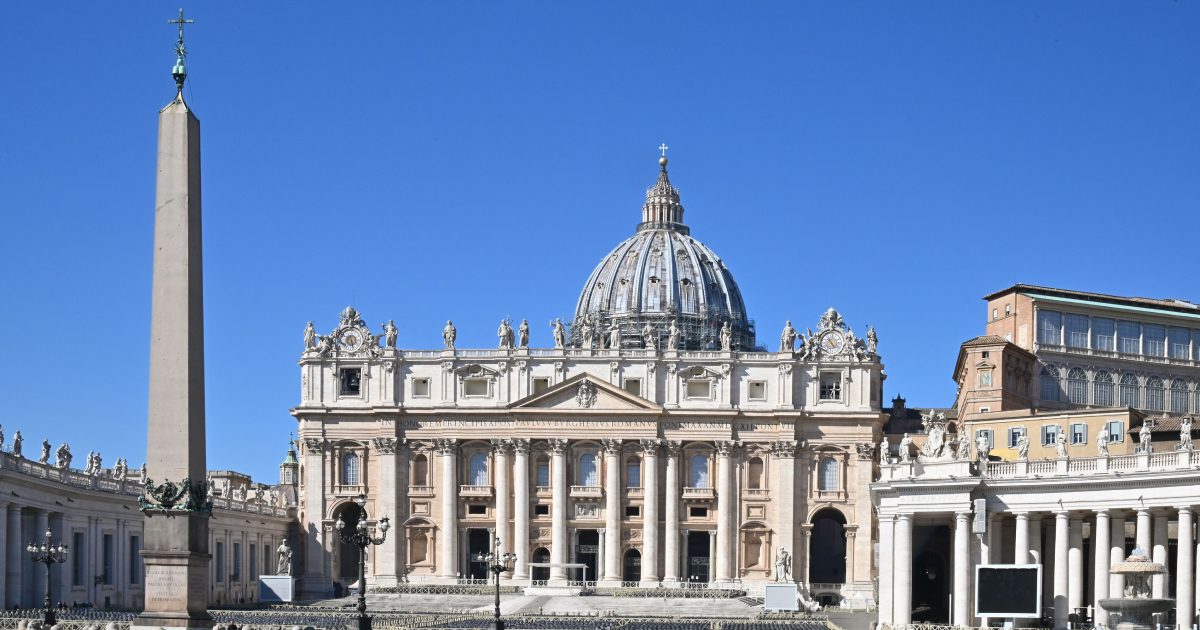“Tell her then to help me” (Luke 10:40)
Jesus tells Martha that only one thing is necessary: love. That is, love of God, of neighbour, and of self, as the lawyer rightly said earlier in this chapter of Luke’s Gospel.
Martha is striving to love her neighbour in her guest, while Mary, sitting at Jesus’ feet, loves God by listening to him. Of these three loves, which together make up the one thing necessary for us, the “good portion” is love of God, since it fuels the other two. Mary has chosen this part, and Jesus promises that “it will not be taken away from her” (Luke 10:42). May our time of prayerful listening to Jesus never be taken from us by anything else. Jesus longs to make the same promise to each of us.
Mary herself grew in how she prayed. When her brother died, she no longer simply listened at Jesus’ feet but prostrated herself there, moving him to work a miracle (John 11:32). Her prayer became petition, and so, love of neighbour. We can ask Jesus to make our prayer blossom. Let us be moved, so that we move him to work miracles.
Likewise, Martha’s love of neighbour deepened. By focusing on Jesus when her brother died, going out to speak to him—an image of prayer—Martha found greater charity for her sister. Before, she had wanted Jesus to correct her: “Tell her then to help me” (Luke 10:40). But after listening to Jesus, she spontaneously wants her sister to encounter him: “The Teacher is here and is calling for you” (John 11:28). Our love of God will give us true charity for others, expressed best in connecting them to Jesus.
The third love, of self, is sometimes the hardest, as we often oscillate between harshness and indulgence towards ourselves. In the second reading, St Paul says we must be “mature in Christ” (Colossians 1:28), choosing what is truly best for us. This always involves the acceptance of sufferings permitted by providence. St Paul saw this as a way to turn his own pain into blessings for others: “I rejoice in my sufferings for your sake, and in my flesh I am filling up what is lacking in Christ’s afflictions for the sake of his body, that is, the Church” (Colossians 1:24). Christ’s Passion lacked nothing to save us, but by our baptism we belong to him, and so does all we have, even our sufferings. Let us ask to grow in true love of self by embracing them with trust.
Mary, our Mother, is our model for these three loves, above all in her embrace of God’s plan of salvation for the world: “Let it be done unto me according to your word” (Luke 1:38).





.png)











